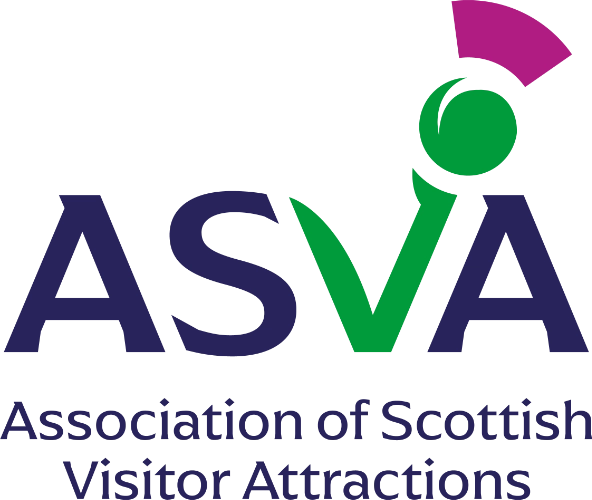Booking for the 2025 ASVA Conference are now open! Take advantage of the best rates and book your Super Early Bird Ticket here.
News
Test & Protect: Update on collecting data from children as part of new guidance
Added: 24 Apr 2021
As advised earlier this week, the Scottish Government released updated guidance earlier this week for the collection of Customer and Visitor Contact details.
As a reminder, the key points that members should note are:
- It is not mandatory for visitor attractions to take contact details for all visitors, but it is advised. The official guidance states: ‘Collecting contact details is voluntary, but it is important that both premises and individuals cooperate, as it is crucial to national efforts to suppress the virus’. Members should be cognisant of this and, where possible, look to continue to support the national efforts to suppress the virus.
- It is mandatory however to collect details from anyone using hospitality settings in your attraction. In practice, this means if your attraction has a café or restaurant, you must either collect contact details from everyone upon entry into your attraction, or from everyone upon entry into your café/restaurant.
- In contrast to last year’s test & protect guidelines, the Scottish Government is now requesting that contact details be taken for every visitor, not just a ‘lead’ person.
- The following data is to be collected from each visitor to your café/restaurant/other hospitality setting:
- The name of each visitor
- A contact phone number for each individual
- Date of visit and arrival and, where possible, departure time.
- If a customer does not have a telephone number, premises may give people the option to provide a postal address or an email address
Following the publication of the guidance, ASVA contacted the Scottish Government to seek clarification on whether data from children also needed to be collected in hospitality settings (i.e. for any children entering an attraction’s café or restaurant). The Scottish Government has provided ASVA with the following response:
In hospitality settings, the collecting of data from all members of a party, including children is encouraged. The legal position is that the establishment is legally bound to collect, and legally bound to provide, if asked, details from a lead member of each household attending the premises. This applies regardless of the age of the lead member of the household. As an example, if a family took an unaccompanied child from a different household, they would need to provide their details, and if the establishments did not take these details, then the establishment is in breach. The breach is by the establishment – not the individual. In all circumstances of course an individual can opt not to provide any contact details, but they should them not be admitted to your establishment.
This update means that, in the majority of cases, where a family is visiting an attraction’s café or restaurant, they would not have to provide details of minors. However, if for instance a group of three 14 year olds were to visit your café together, each should be asked for their contact details as they are from three different households.
The Scottish Government has also confirmed that where a child needs to be contacted, as a result of Test & Protect, the Test & Protect team would look to contact the parent/guardian first.
The update also clarifies the position on collecting data from everyone visiting your café/restaurant. Whilst the guidance is that you should collect data from all visiting, the actual regulations are that only contact details from a lead person from each household are required (and again, please bear in mind it is only mandatory to collect this data in a hospitality setting, such as your café or restaurant).
In terms of data collection, we would remind members of the Check In Scotland App. To help attractions meet their responsibilities with the new Test & Protect guidance, we would recommend the use of this app. It is, however, entirely up to attractions to make their own decisions about how they take visitor details and, indeed, whether they will take all visitors details, or just those using their hospitality facilities.
